For universities to adapt – give your autistic students the best possible start.
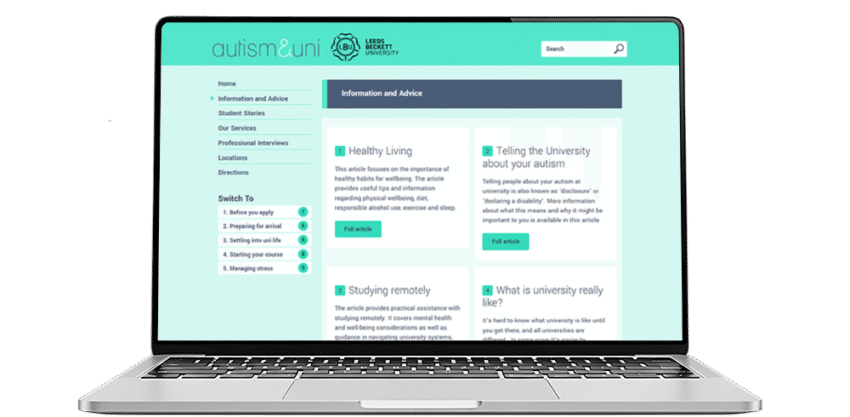

For universities to adapt – give your autistic students the best possible start.
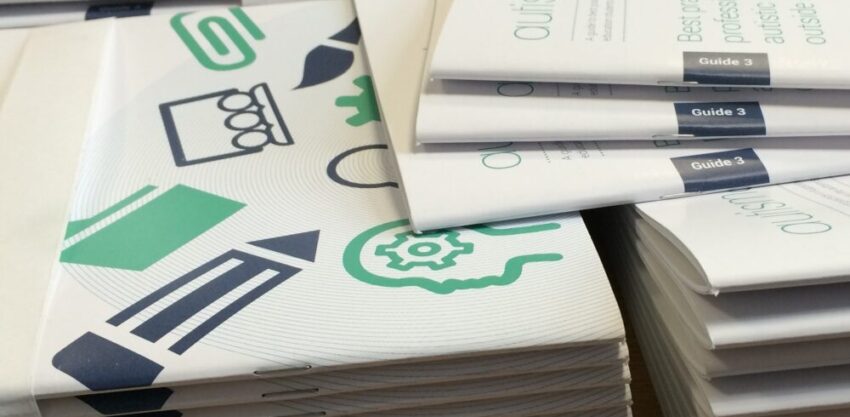
Co-created with autistic students, tutors and disability support staff.
Autism&Uni helps young autistic people navigate the transition from school into Higher Education.
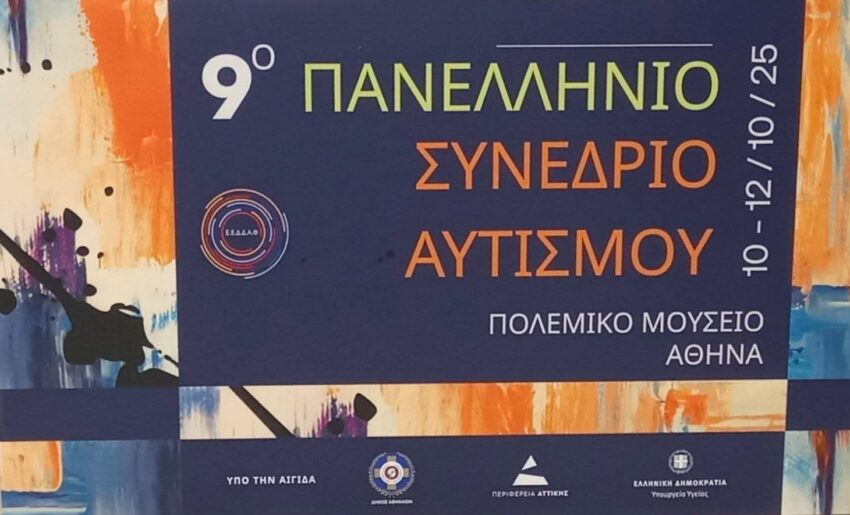
The Greek versions of the Autism&Uni Best Practice Guides were presented at the 9th Panhellenic Autism Congress held in Athens 10-12th October 2025. The Greek Version of the three Autism&Uni Best Practice Guides were printed and made available to all participants free of charge with sponsorship from Grigoris publications. All guides were well received and…
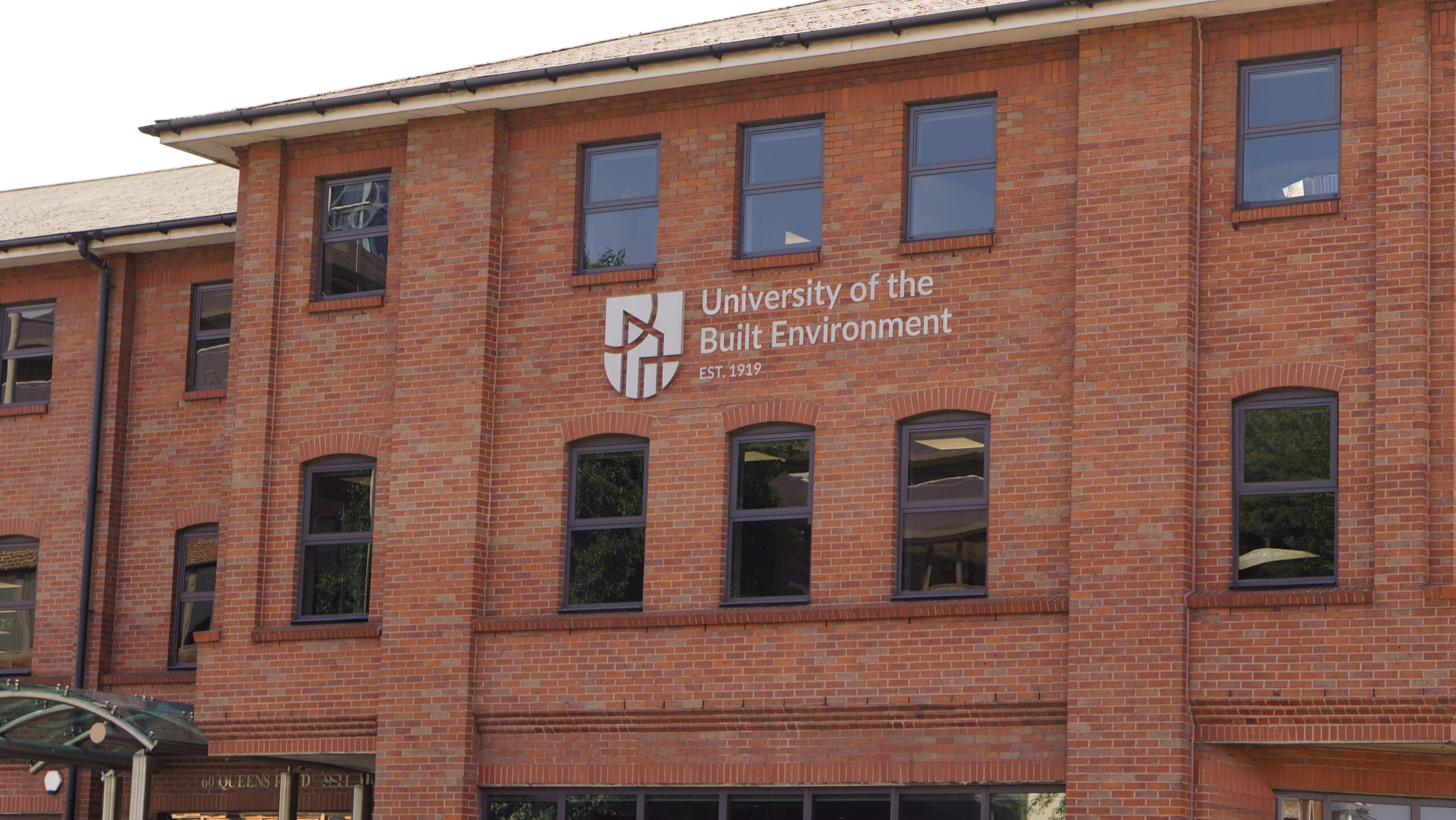
As a largely online institution, it is vital to ensure our online presence reflects the University’s core values of excellence, passion, integrity, and support. It is this thread that runs through all aspects of our disability support service, ultimately leading to our adoption of the Autism&Uni Toolkit. As the leading online university in the built…
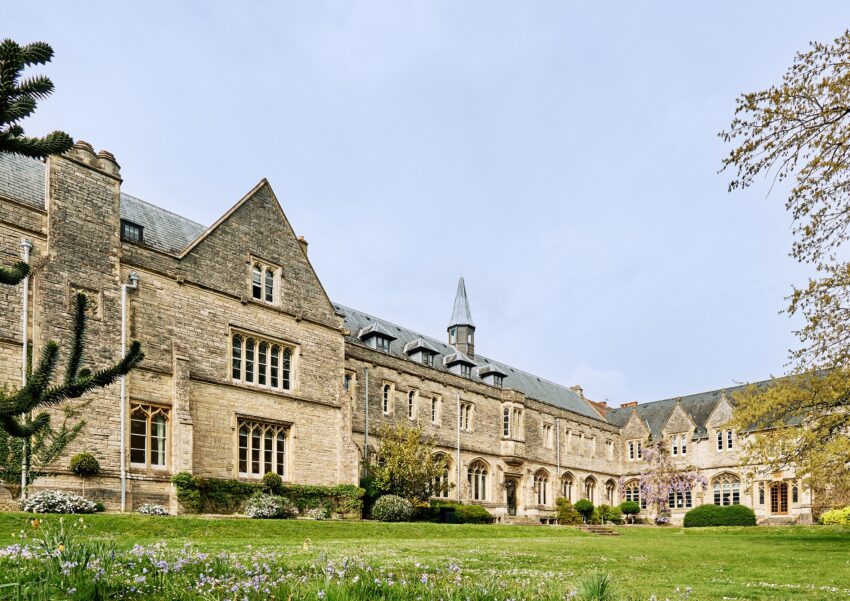
After a few months of setting up the Autism&Uni toolkit, the University of Chichester launched it to their new intake of autistic students in August 2025. Helen Dignum, Disability Advisor in the Student Support team, alongside Ella Knight, Student Journey intern, spent time between January and July 2025 adapting and personalising the toolkit, including linking…
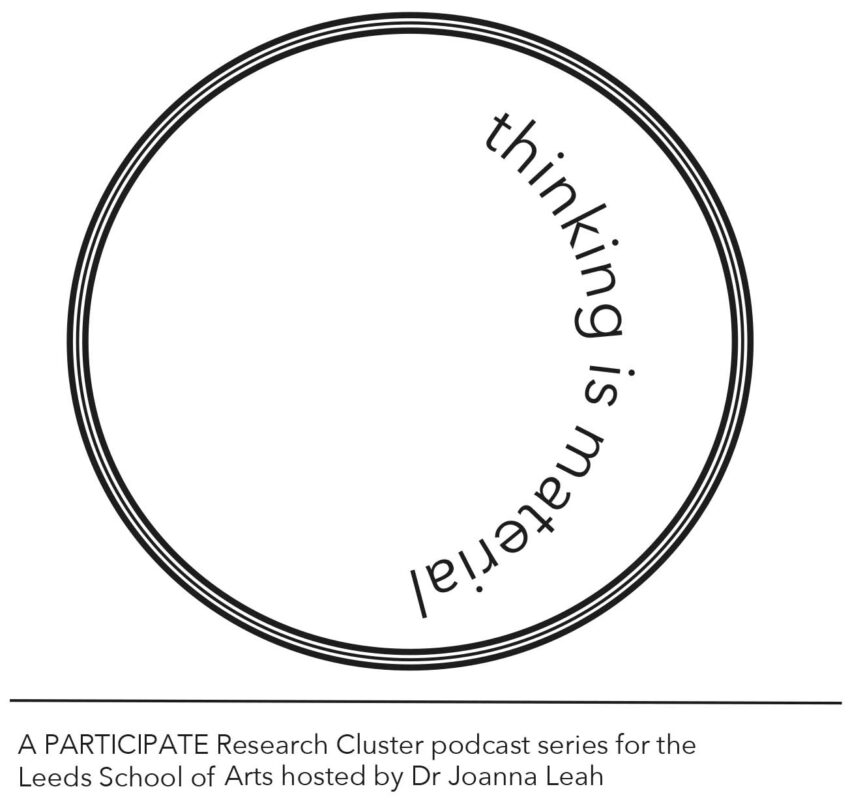
In a recent podcast, PhD candidate Priscila Beni from Federal University of Rio Grande do Sul, Brazil, talks about her personal experience of being autistic and her research on ‘Self-Knowledge of Autistic Traits’. Priscila visited Leeds Beckett University for a month in 2025, as part of a CAPES scholarship. She joined the Autism Research Lab…

Dr Donald Maciver is a Lecturer in Occupational Therapy at Queen Margaret University, Edinburgh. Donald was part of the team that led the development of the Autism&Uni Toolkit at QMU. The university experience can be incredibly rewarding but for some autistic students, it can also bring some difficulties. Sensory overload, unclear expectations from staff, and…

We are excited to announce that the Autism&Uni guides are now available in Greek. Dr Despina Papoudi from the University of Thessaly, who coordinated the translations and the scientific editing, explains why the guides are needed right now. In Greece, all students, including those on the autism spectrum, can participate in the nationwide exams to…

After several months of setting up and extending the Autism&Uni toolkit, City University London launched it to their autistic students in October 2023. Lucy Witten, Disability & Neurodiversity Advisor in the Student Health and Wellbeing Team, has spent the better part of 2023 on setting up the toolkit and linking it with the university’s Student…

Róisín Kelly, Learning Support Tutor at TUS, explains the needs her institution identified and how the Autism&Uni toolkit helped meet those needs. The Disability & Learning Support Service of the Technological University of the Shannon Midlands is committed to the provision of an equitable learning environment. The number of Autistic students pursuing higher education here…
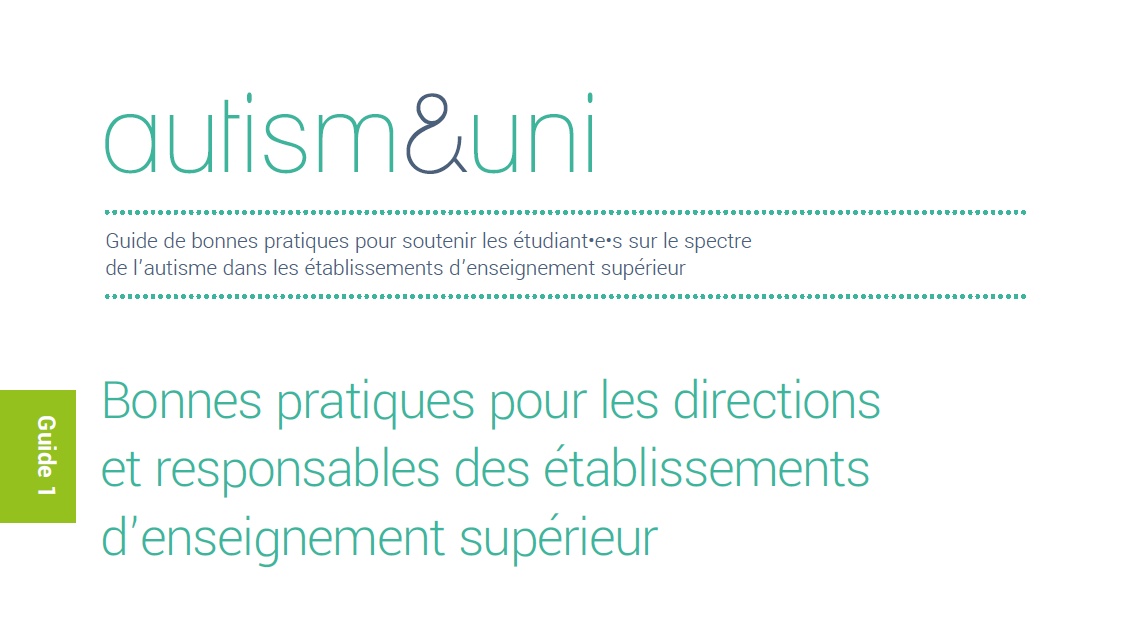
We are pleased do announce the launch of the Autism&Uni Best Practice Guide in French. It is the 7th language the guides have been translated into, after Dutch, Finnish, Polish, Spanish, German and Portuguese. The translation was made possible with funding arranged by Professor Véronique Zbinden Sapin from the University of Applied Sciences and Arts,…

While working on a French translation of the Autism&Uni Best Practice Guides, our Swiss partners at the University of Fribourg and the University of Applied Sciences and Arts in Western Switzerland developed a case study on autism provision at Swiss universities. With Fribourg / Freiburg being located in a bi-lingual part of Switzerland, we wanted…

I’ve just been listening to Harriet Cannon, Disability Support Team Leader at the University of Leeds, talking about how autistic students can best be supported at university. Harriet is a force of her own, having founded the Autism Practitioners mailing list and representing the interest of autistic students on several national panels and advisory groups….

Nikki Brown, Inclusive Learning Manager at Falmouth Exeter Plus, explains how the Autism&Uni Toolkit was implemented at her institution. Falmouth Exeter Plus is a shared Student Services provider for Falmouth University and the University of Exeter in Cornwall. Our Accessibility advisers contact applicants with ASC, set up Individual Learning Plans, advise on Disabled Students’ Allowance, allocate specialist support workers as appropriate and organise Buddy Support to help with settling in and orientation. However, before adopting the Autism&Uni toolkit, we…
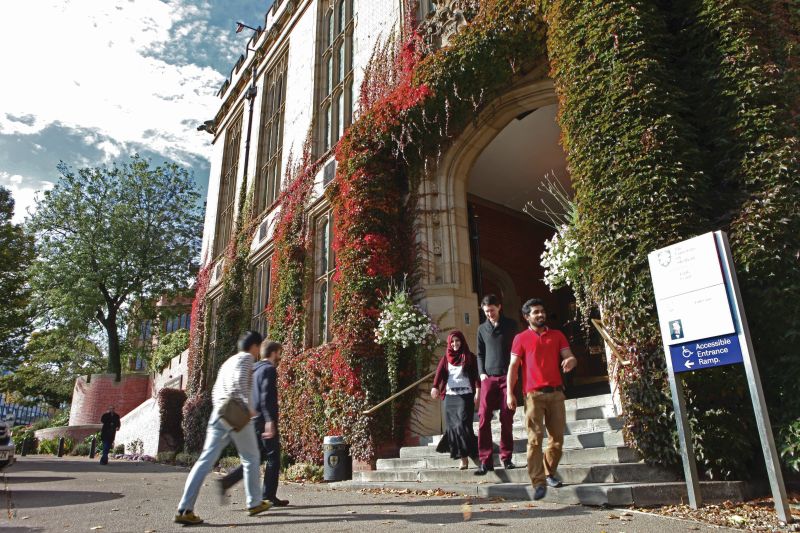
Alison Jones, Disability Transition Officer, of the University of Sheffield’s Disability and Dyslexia Support Service on the Autism&Uni toolkit which was launched in summer 2019. The Disability and Dyslexia Support Service at the University of Sheffield provides specialist advice and support for disabled applicants and students. As well as having a team of specialist Disability Advisers,…

Rebecca Horsfall, Disability Adviser at Durham University, talks about adopting the toolkit and how it became a bit of a life-saver during the first Covid-19 lockdown. Durham University invested in a new role of autism-specialist Disability Adviser in November 2019, in recognition that many autistic students required a higher level of support while at university….
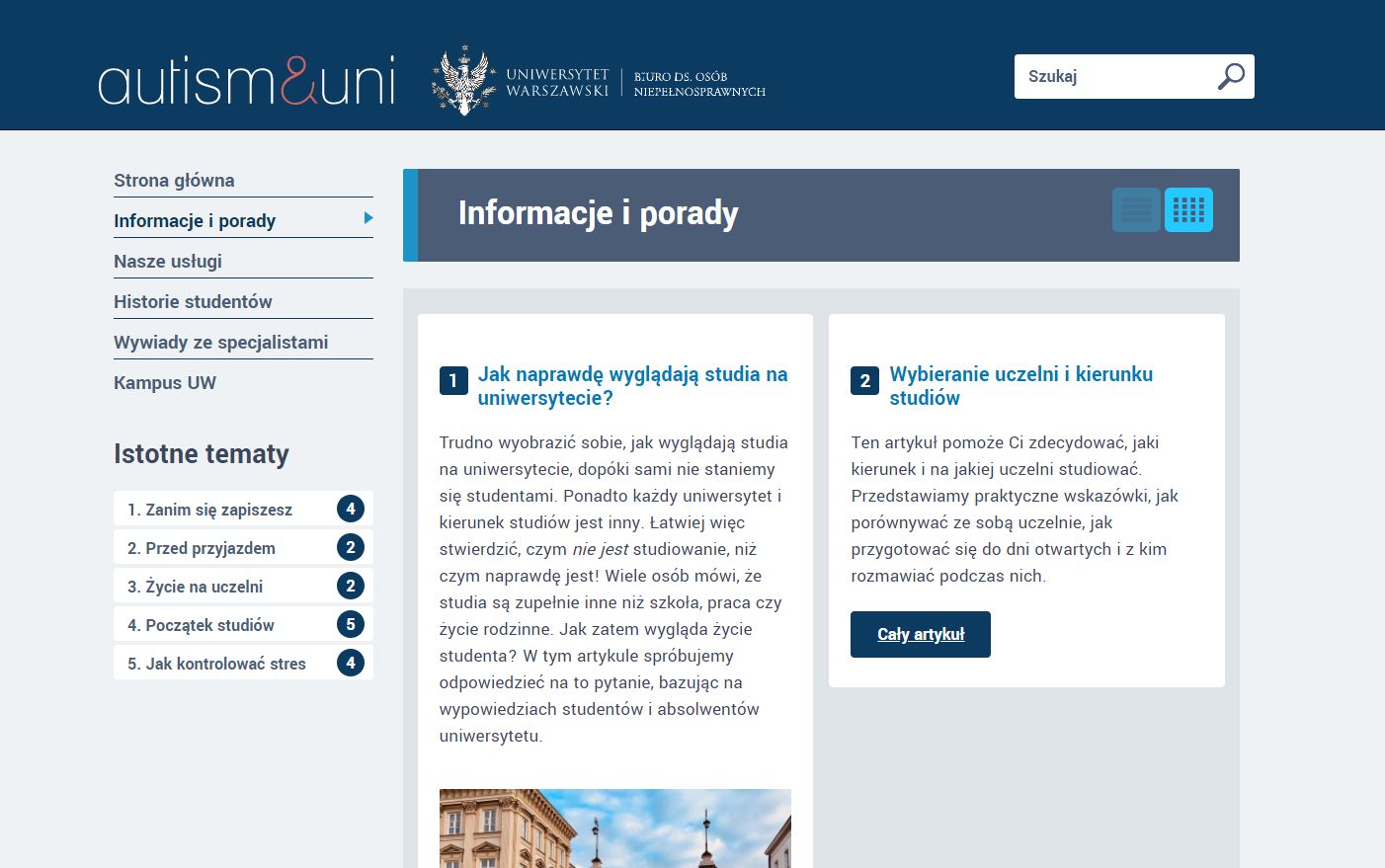
The University of Warsaw is the biggest higher education institution in Poland, offering courses to about 50,000 students in 21 departments. A part of the educational mission of the University is to make studying equitable and accessible for everyone, including neurodiverse students. In November 2019, the University received major funding from the European Commission to…
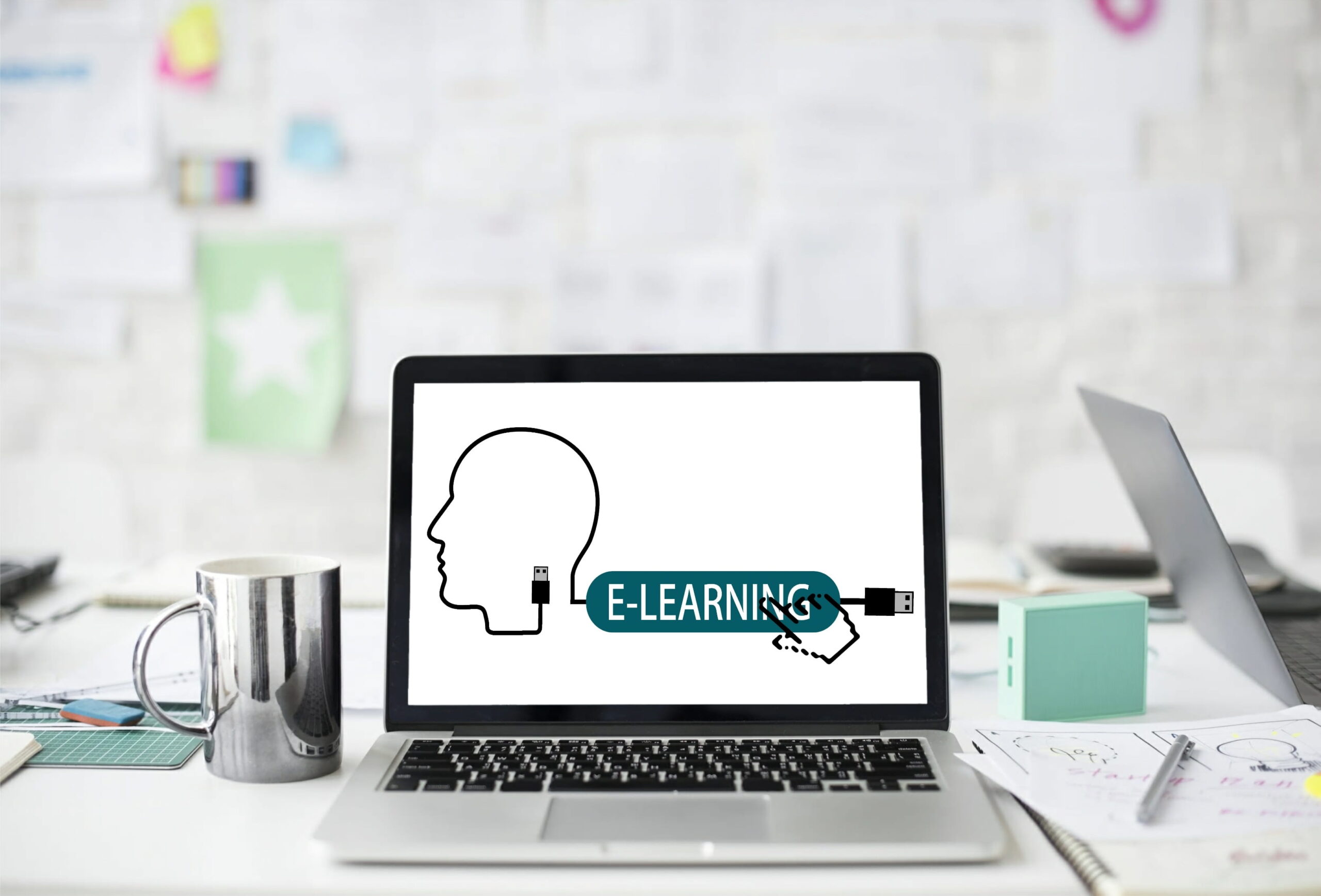
Harriet Cannon and Nicola Martin are experienced higher education disability practitioners. In the Spring of 2020, they co-ordinated the creation of guidance for autistic students on how to study remotely in times of social distancing. With universities moving more and more of their teaching online and a new lockdown just starting, this guidance is as…

Tash Hobbs, of the Disability Support Team at the University of Bath, explains how the Autism&Uni Toolkit adds an extra layer of support to their programme for students with autism spectrum conditions. The Disability Service provides specialist advice throughout students’ time here at Bath, from pre-application to graduation and sits within Student Services. There are…
Fiona Earley, Autism Friendly University Coordinator at Dublin City University, explains why and how she adopted the Autism&Uni toolkit. Dublin City University was recognised as an autism-friendly university by AsIAm, Ireland’s National Autism Charity and Advocacy Organisation, in 2017. The designation marked the conclusion of an 18-month research project. Research findings by DCU showed that…

Professor Véronique Zbinden Sapin talks about autism support in Swiss universities and her reasons for translating the Autism&Uni Best Practice Guides and Toolkit together with her colleague Prof Nicolas Ruffieux. In Switzerland, there are significant gaps in supporting people on the autism spectrum, at all ages. Testimonials from students on the autism spectrum that face…

Dr Mateusz Płatos explains how the Autism&Uni toolkit complements an EU-funded project to increase accessibility for students with disabilities at the University of Warsaw. The University of Warsaw is the biggest higher education institution in Poland, offering courses to about 50,000 students in 21 departments. A part of the educational mission of the University is…
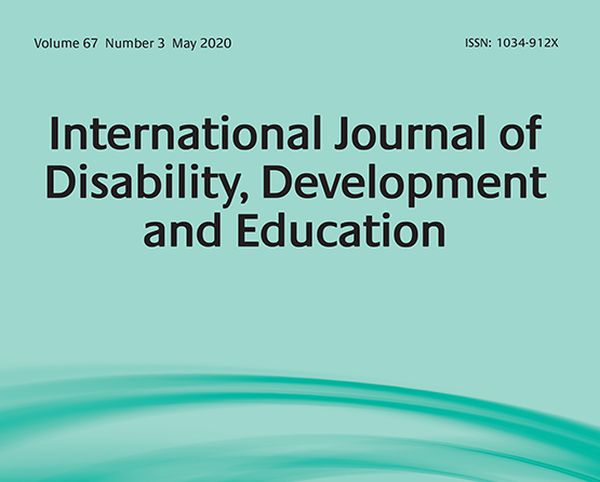
For the Autism&Uni project we explored the personal experiences of 16 autistic university students. We focused particularly on challenges encountered as well as successes stories. Whilst many showed amazing resilience, themes of anxiety, depression and mood difficulties were frequently mentioned. In this context, the importance of positive personal relationships, and the need for autism training…
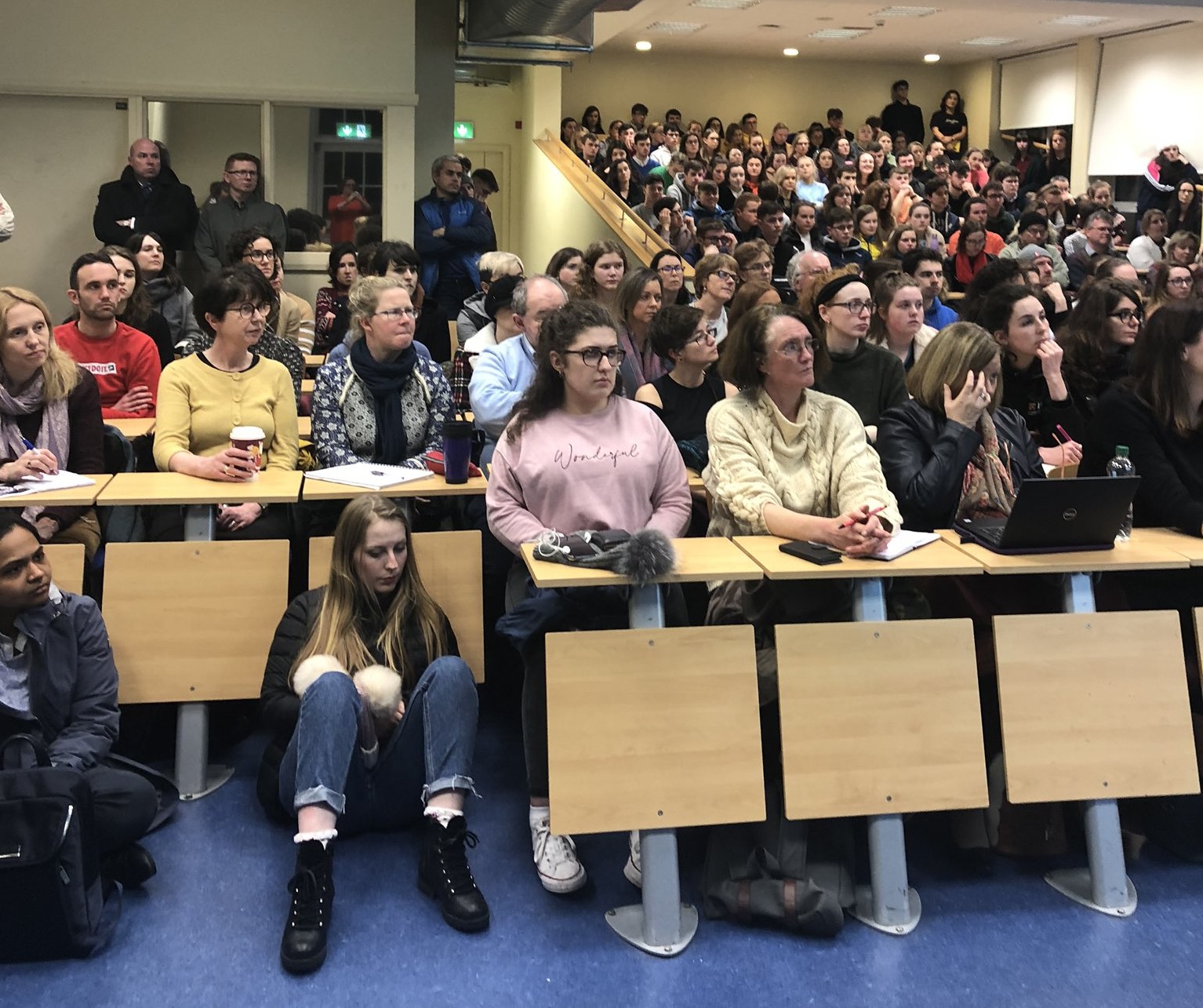
On Tuesday 23 January 2020 Marc Fabri delivered a lecture on ‘Supporting autistic students on their journey through higher education: small changes, big impact’. The invited talk is part of UCC’s Quercus Lecture Series which promotes excellence in academia, sports, the arts and active citizenship. Marc was invited by UCC’s Autism-Friendly University team. The lecture…
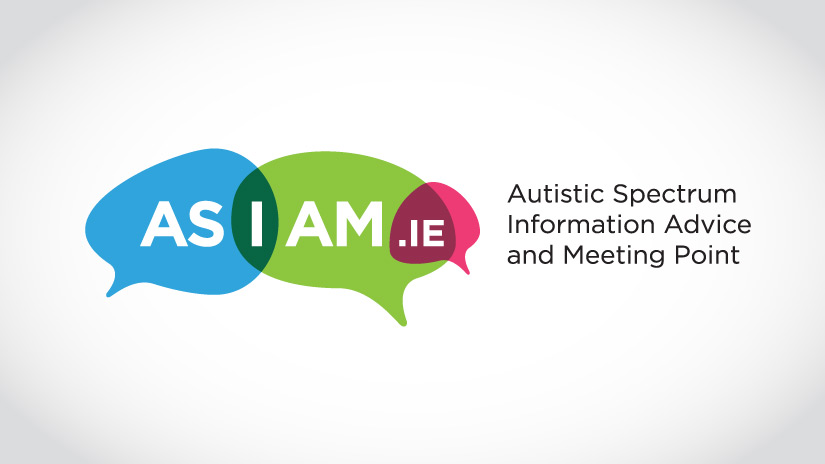
AsIAm’s Katie Quinn introduces the Autism Friendly University Award which promotes good support practice for autistic students. The Autism&Uni toolkit is an example of good practice, endorsed as part of the award. Here at Ireland’s leading autism charity AsIAm (www.asiam.ie) we undertake a range of programmes and campaigns to work towards bringing about a more…

In a blog post for Emerald, the international journal publishing house, Dr Marc Fabri from Leeds Beckett University shares his thoughts on using participatory design methods with autistic adults, and how this can help build and support a community. This is based on Marc’s experience from running the Autism&Uni project as well as the IMAGE…
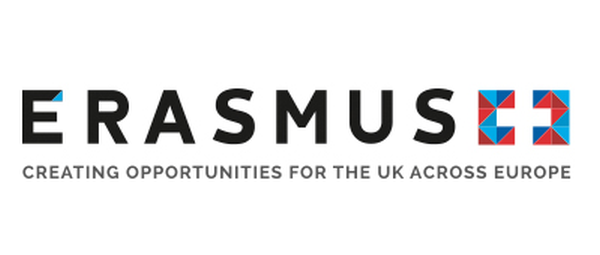
Dr Marc Fabri and Dr Mhairi Beaton will jointly lead the new PICAP project which secured €400,000 of Erasmus+ Key Action 2 funding. PICAP (Promoting Informed Choices for All Young People) focuses on how best to support young autistic people (amongst other marginalised groups) as they plan to make the transition from compulsory schooling towards…

Our colleagues at Trinity College Dublin are the first in Ireland to launch the Autism&Uni toolkit for their autistic students and applicants. Declan Treanor, Head of Disability Service, has previously written about adopting the toolkit at Trinity. Read the Irish University Times article here: Trinity First Irish University to Adopt International Autism Toolkit

Dr Andrea MacLeod from the Autism Centre for Education and Research at the University of Birmingham talks about how the Autism&Uni toolkit fits in with their AuVision project – a peer-to-peer consultation to improve the experience of autistic students at the University of Birmingham. The AuVision project used a participatory framework to consult with students…
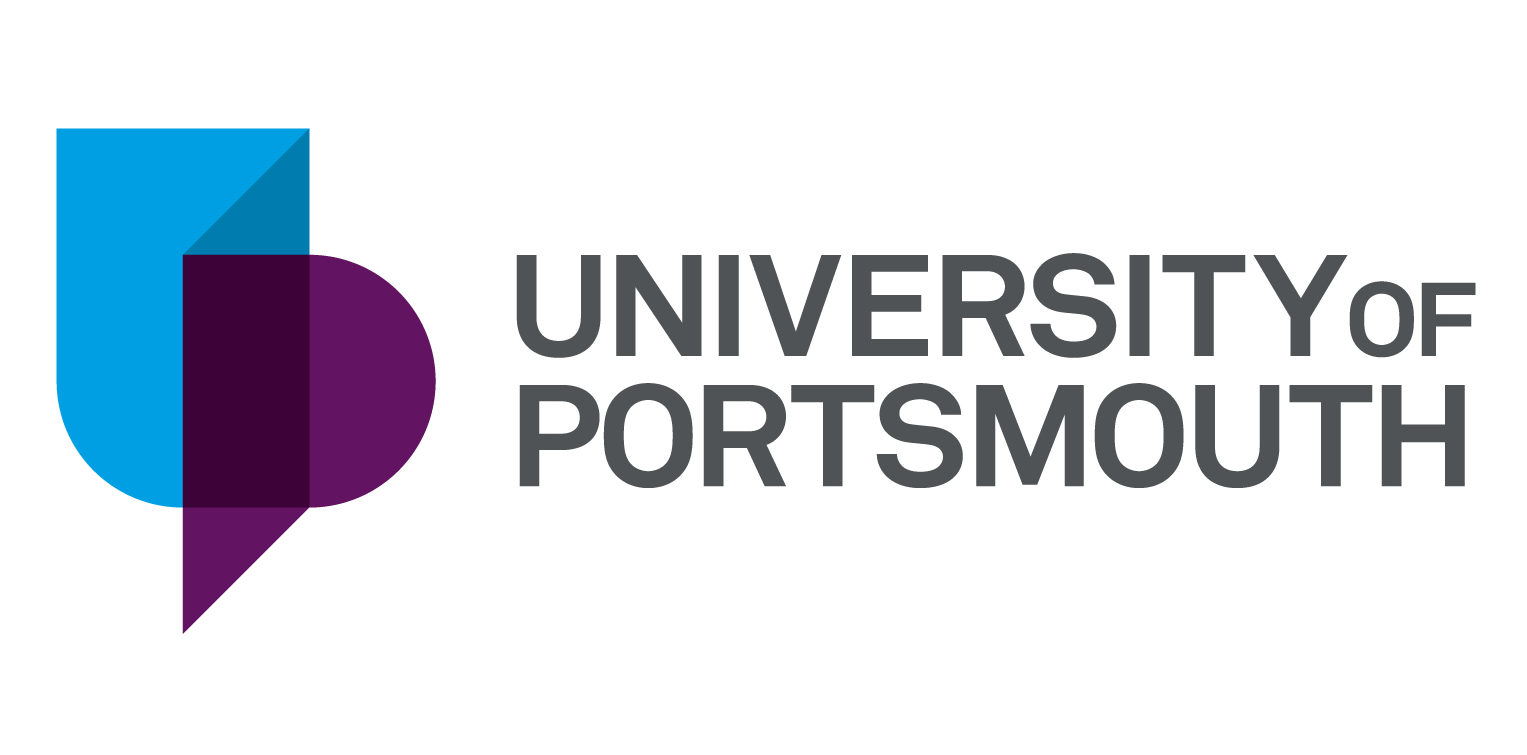
Dr Beatriz Lopez, Director of the Autism Centre for Research into Employment (ACRE), has incorporated the Autism&Uni toolkit into a new university-wide resource designed to help autistic students with the transition into university. Beatriz said: “The adaptation of the Autism&Uni toolkit has opened a much needed communication between the autism centre, disability and well-being services….
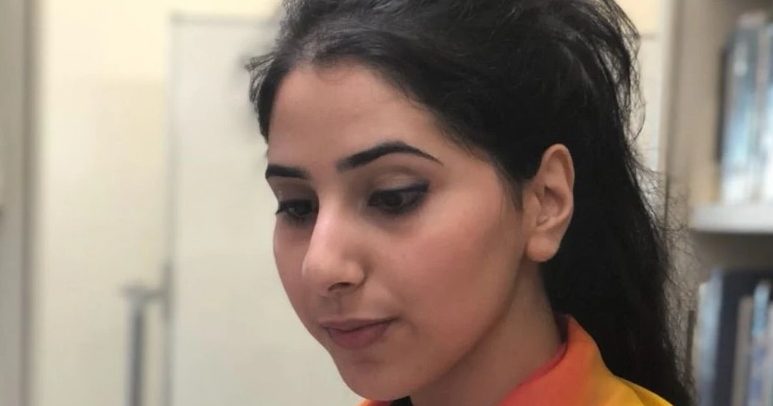
Zaina Hakim, Student Union Vice President for Education at the University of Hertfordshire, regularly blogs about her initiatives. We invited Zaina to write about what the Student Union is planning to do for World Autism Awareness Day 2019. Zaina Hakim: 2 April 2019 is World Autism Awareness Day. For the Autism Awareness campaign planned at…

Declan Treanor, Director of Disability Service at Trinity College Dublin, outlines the College’s new Neurodiversity Transition Hub Project and the role of the Autism&Uni toolkit in this initiative. The Disability Service in Trinity aims to develop clear and effective support systems at all stages in the student journey from university entrance to graduation to employment….
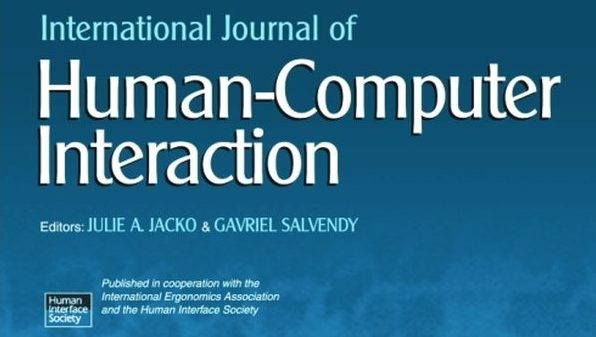
Marc Fabri and Debra Satterfield have been busy guest-editing a special issue of the International Journal of Human-Computer Interaction. Marc explains how this special issue came about and introduces the papers. The full editorial is available on the journal website (Taylor&Francis). The theme of the issue is “Designing with and for users on the autism…
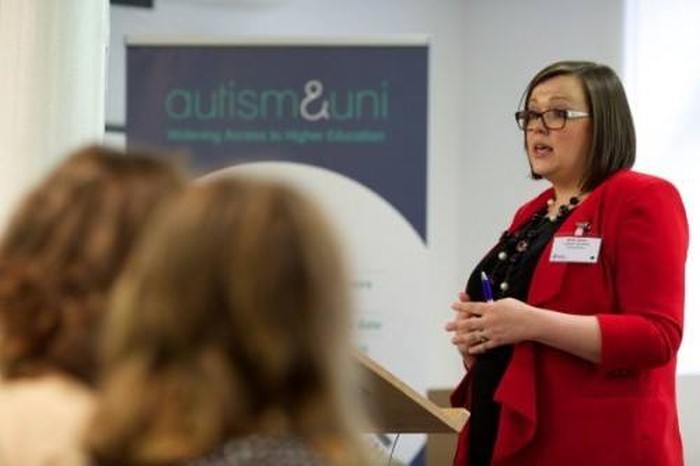
Leeds Beckett has become the latest University to adopt the Autism&Uni toolkit, which aims to improve access and transition into university for autistic students. Other UK universities that have, or are about to, adopt the toolkit are Portsmouth, UCL, Trinity College Dublin and Birmingham. The toolkit pulls together information and advice from staff and students, highlighting the…

Dr Marc Fabri leads a multi-national Strategic Partnership to IMprove Autistic Graduates’ Employability (IMAGE) across Europe. The project will run from October 2018 until August 2021. This funding is made available under Erasmus+ Key Action 2, Strategic Partnerships for Higher Education. The IMAGE project involves partners from 5 European countries: Leeds Beckett University, Free University…

In early 2017 we started talking to Progresso Infantil (PIN), a Neurodevelopmental Centre in Portugal regarding translating the Autism&Uni Best Practice Guides into Portuguese. We are pleased to announce that the translations are now available from our download portal. PIN work with children and young adults on the autism spectrum. Some of their work is with…

Dr Marc Fabri (Leeds Beckett University) and Debra Satterfield (California State University Long Beach) are co-editing a special issue for the International Journal of Human-Computer Interaction, to be published in Spring 2018. Building on a series of conference sessions organised by Marc and Debra (see https://designingforautism.wordpress.com), the special issue explores the involvement of autistic people…
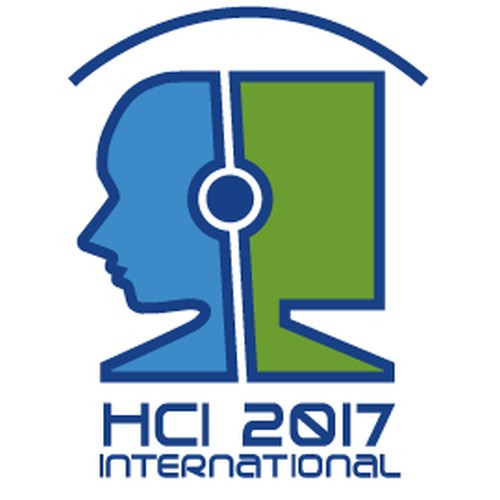
Autism&Uni project lead Marc Fabri will host a session on “Designing for and with people on the autism spectrum” at the Human-Computer Interaction International conference in Vancouver, Canada, 9-14 July 2017 (http://2017.hci.international/). It is the second time that researchers and practitioners come together under the HCII umbrella to discuss these topics, following a successful session…

We are pleased to announce that thanks to support by autismus Deutschland (German Autism Association) we have now published German versions of the Autism&Uni Best Practice Guides. Download the PDF versions For their support we would like to thank autismus Deutschland, especially Maria Kaminski (Chair), Friedrich Nolte (Subject Specialist) and Rainer Döhle (Translation).

Autism&Uni hosted hosted a special autism-themed session at this year’s Human-Computer Interaction International Conference in Toronto, Canada, 17-22 July 2016. The session was co-chaired by Dr Marc Fabri from Leeds Beckett University (UK) and Assistant Professor Debra Satterfield from University of California, Long Beach (USA). The session covered new research on how interactive systems, products, environments…
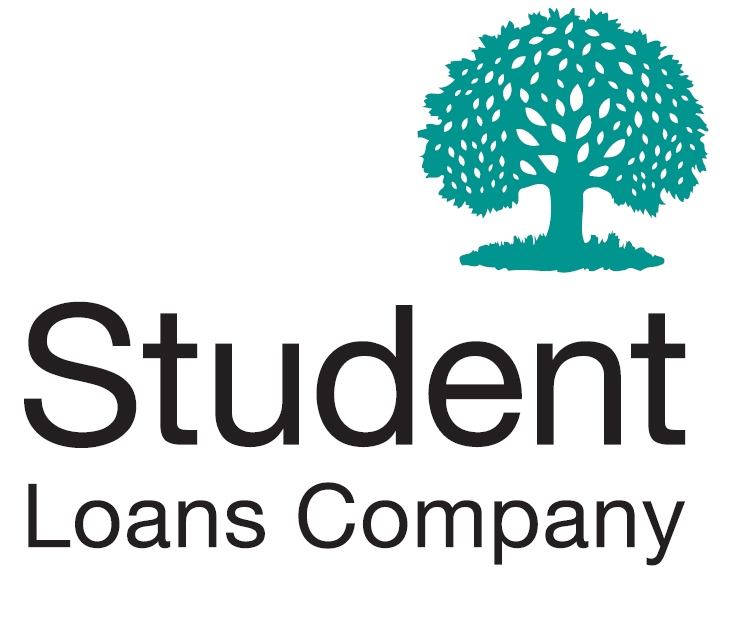
Autism&Uni has been invited to represent the views and interests of autistic university students on a stakeholder group that advises and supports the Student Loans Company (SLC). The purpose of the Disabled Students Stakeholder Group (DSSG) is to: Review and monitor the application processing arrangements for the service to disabled students at key points in the…
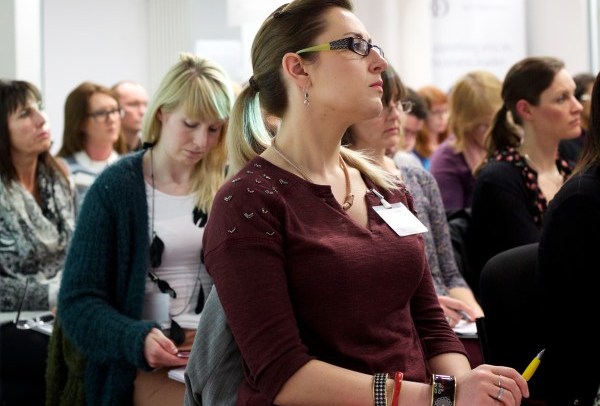
On 18 March we held a one-day conference exploring transition pathways for autistic students. Speakers included Emma Jones from the National Autistic Society, Matt Tucker from Birmingham City University, Penny Andrews and Autism&Uni Lead Researcher Dr Marc Fabri. With more than 60 delegates coming together in the historic BBC Broadcasting House in Leeds, the conference…
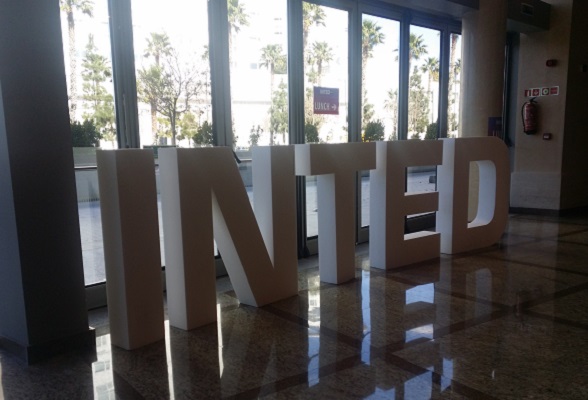
The knowledge we have gained in the course of the Autism&Uni project and the final end products have been presented at two international conferences in January and March. While the two events targeted rather different audiences, both had participants who expressed interest in our results. As we have seen happen in partner countries, educators and…

Download our set of guides to best practice in supporting higher education students on the autism spectrum, targeted at HE managers, academics and professionals working in autism support. After many months of research, talking to the autism communities, the academic communities and students across Europe, we have finally published one of the key outputs from…

An event for disability practitioners, other student services practitioners, academics, and anyone with an interest in supporting autistic students on their Higher Education journey. Friday 18 March 2016, 9.45am – 4.30pm at Old Broadcasting House, Leeds Beckett University, 148 Woodhouse Lane, Leeds LS2 9EN, United Kingdom Leeds Beckett University welcomes you to attend our Transition Pathways event…
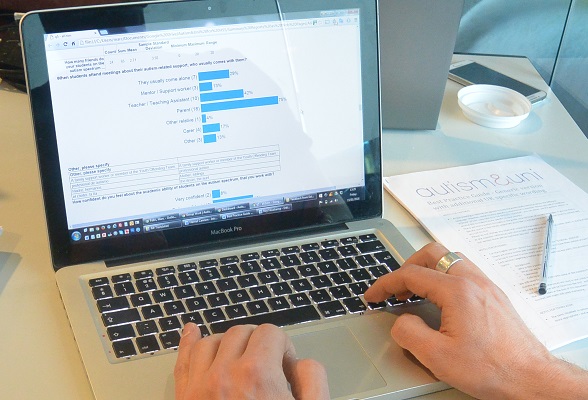
While the completion of the online toolkit for students continues through its final stages, we have taken another look at the survey data, searching for new angles. Project partners were asked to go through the survey responses from their respective countries and to identify details that had surprised them or provided particularly important insights. Unusual…
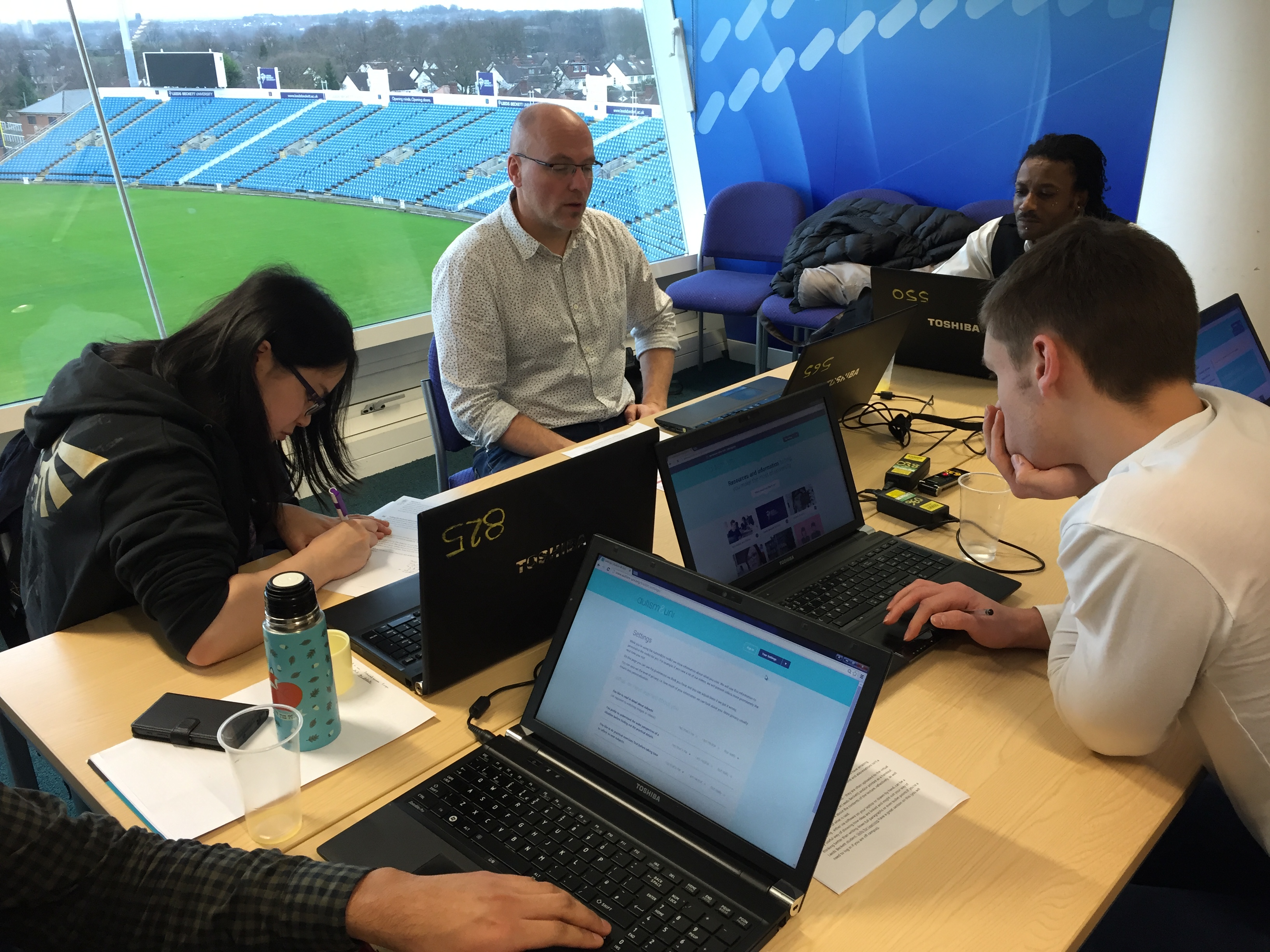
In December 2015 we ran an evaluation workshop at Leeds Beckett University, UK, to get feedback on the current version of our Online Toolkit. The Toolkit aims to help students navigate their journey from thinking about what to study, over applying to university, arriving and finally settling into their studies. The workshop followed on from…

Supporting and enhancing the undergraduate experience for students with autism and related conditions. A special session at the 10th annual International Technology, Education and Development Conference (INTED), held 7-9 March 2016 in Valencia, Spain (http://iated.org/inted/). We invite proposals for this special paper session, which seeks to showcase and discuss the latest research and best practice in…

During the research phase of the Autism&Uni project we received survey responses from nearly 300 people, systematically reviewed the available literature and spoke to numerous higher education students on the autism spectrum in order to learn from their experiences. One of the students who has told us her story is Heidi Lindholm (image above), currently…
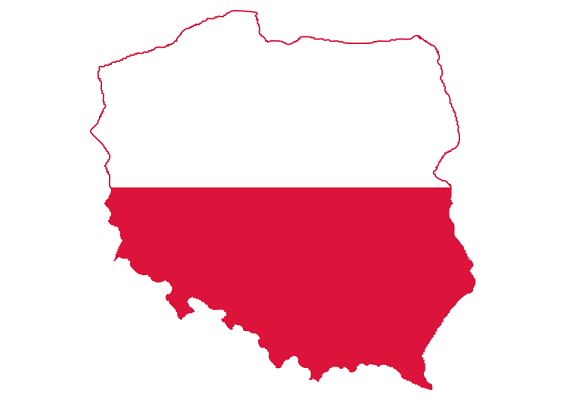
During the second half of 2014 we conducted research across the Autism&Uni partner countries. We used a number of different questionnaires, each targeting a different group of people including students, parents, teachers and universities. The general aim of the research was to map the needs and expectations of autistic students and HE applicants. The research…
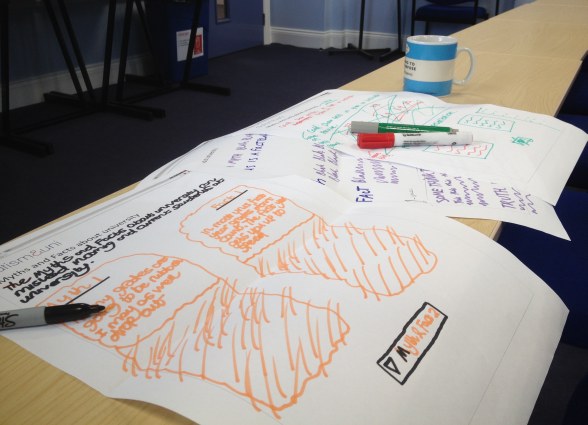
On 28th of July 2015, the Leeds Beckett Autism&Uni team held the first in a series of participatory design workshops with young autistic adults. We tested prototype content, formats and different media for an interactive toolkit. This toolkit will be one of the main outputs of the Autism&Uni project, helping young people on the autism spectrum navigate…

On 14 July 2015 we ran an academic workshop at Lincoln University as part of the annual British HCI conference, attracting researchers from the UK (and beyond) interested in the field of Human-Computer Interaction. The theme of the workshop was “Designing with and for autistic users” (read call and rationale here). The British HCI conference…
July and August 2015 are turning out to be a very busy time in the Autism&Uni project, with a major part of crucial development focusing on the summer months. Doctoral student Alejandro Montes García (image above) from the Technical University of Eindhoven is now in a central role, developing the adaptive features of the interactive…
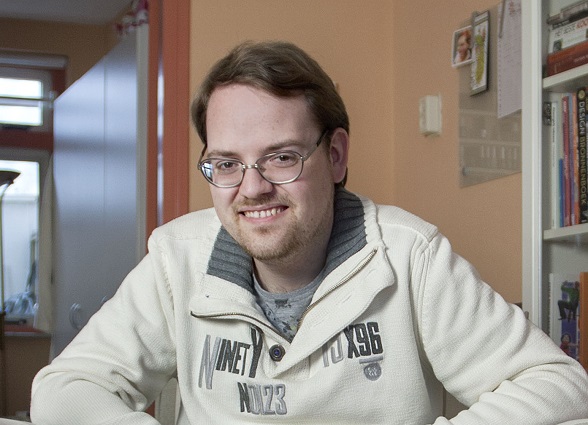
At the Autism&Uni Partner Meeting held in Amsterdam in March, we had as guest presenter Roy Houtkamp, a young man who represents the cutting edge of support for autistic university students in the Netherlands. For several years now, Roy has counseled autistic students professionally, and trained other professionals to provide similar support. As a teenager,…
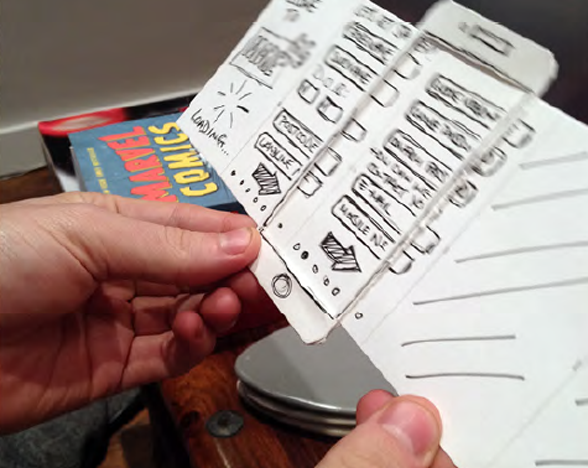
Marc Fabri and Penny Andrews will host a workshop to explore how best to design technology for users on the autism spectrum. The focus is on human-centred design approaches where users become an active and integral part of the design team. The workshop will take place at the British Human-Computer Interaction conference on 14 July at…
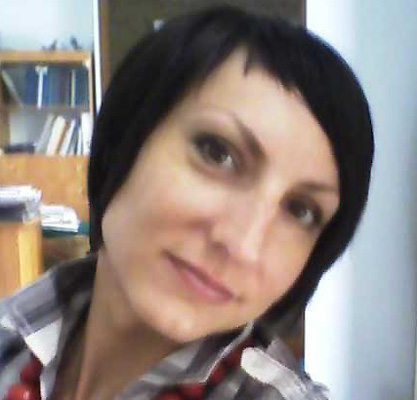
El?bieta Wo?nicka and Daria Modrzejewska (in the image above) are expert trainers and researchers who work with disabled persons at the University of Humanities and Economics in ?ód? (Akademia Humanistyczno-Ekonomiczna w ?odzi, AHE). Dr El?bieta Wo?nicka is an academic instructor, researcher, and Dean of the Faculty of Educational Science, with broad experience in research projects…
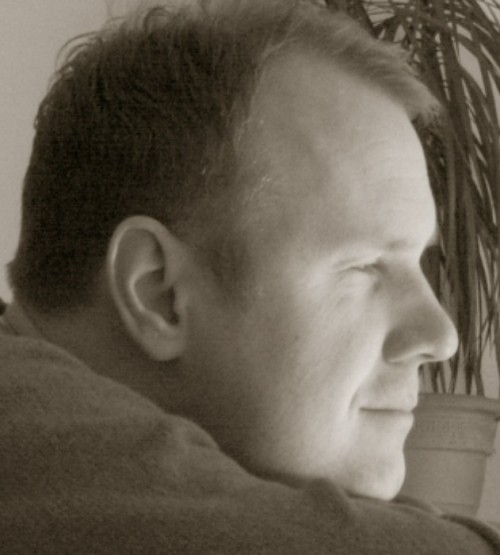
There have been some unexpected challenges in mapping the support that HE students on the autism spectrum receive in different countries. Direct comparisons are not possible because the titles of the professionals involved in providing support vary from one country to another, as does the division of labour between universities, NGOs, health care and disability…
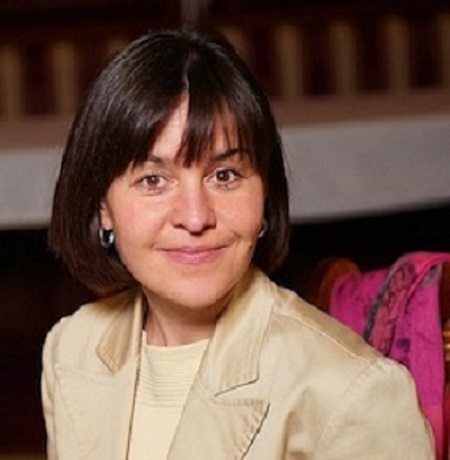
Hi, I am Natalia Stash from Eindhoven University of Technology (TU/e) in the Netherlands. I am a lecturer, researcher and developer at the Department of Mathematics and Computer Science. I am also a student counsellor for students following the Web Science undergraduate degree course at the TU/e. TU/e is the technical partner in the project, primarily…
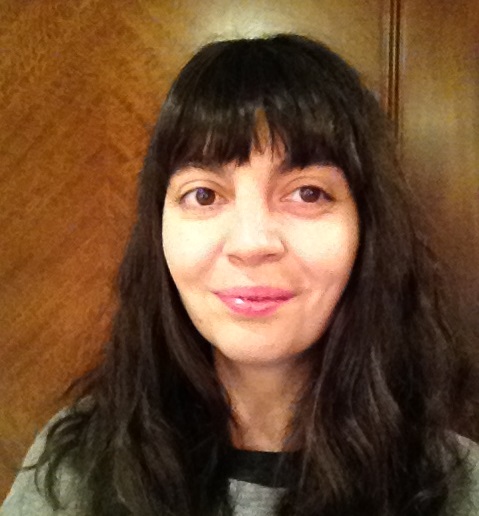
María Merino has a degree in Psychology and Psychopedagogy, and she has been involved in working directly with people with ASD since 2004. Since 2006 she has been the coordinator of the program for people with Asperger Syndrome in the autism association Autismo Burgos. She has been coordinating awareness-raising and research projects focusing on autism…
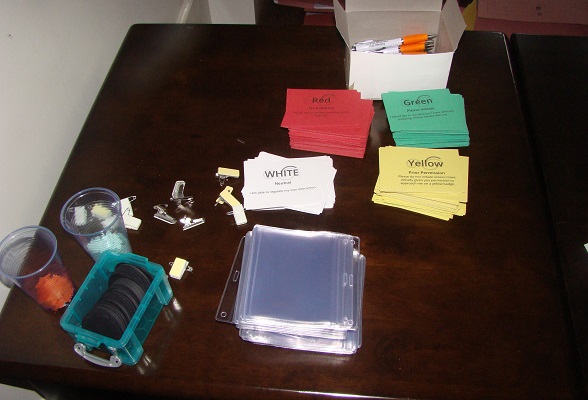
?Image above: Interaction badges used at the Autscape conference. (Photo by Caroline Hearst) My name is Heta Pukki, and I work for the Autism&Uni project in Finland. I have an M.Sc. in biology from the University of Helsinki and an M.Ed. in special education from the University of Birmingham. I received an ASD diagnosis at…

Hello everyone, My name is Antti Aavikko, and I work with Keskuspuisto Vocational College in Helsinki. Keskuspuisto vocational college (KVC) is a vocational special education institute. We have approximately 1,000 students, aiming for either vocational qualification or towards independent life and better everyday skills throughpreparatory education. In Finland, Keskuspuisto Vocational College is one of the…
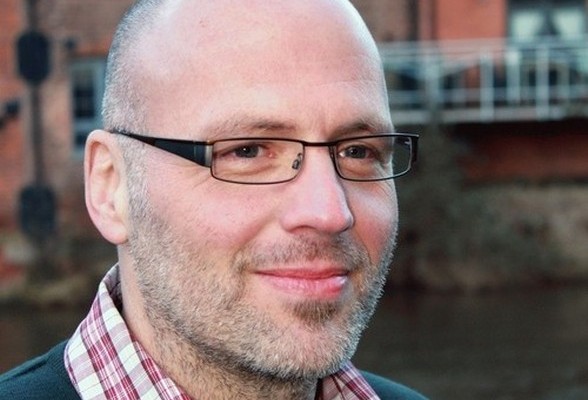
Hello, my name is Marc Fabri and I am a lecturer and researcher at Leeds Metropolitan University, a higher education institution in the vibrant city of Leeds in the north of England. I am project leader for Autism&Uni. My first introduction to autism research was during PhD studies around 2002 when research colleagues explored the use…